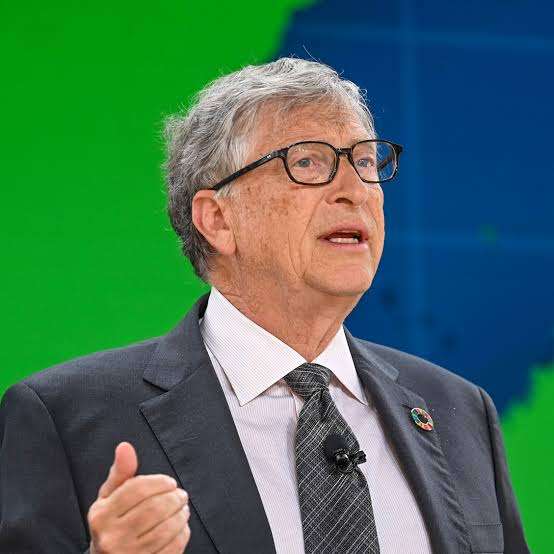In his blog post on his predictions for the year 2024, Bill Gates, an investor and co-founder of Microsoft, expressed his strong belief that artificial intelligence (AI) has the potential to make the world a “more equitable place.”
If intelligent investments are made now, artificial intelligence has the potential to reduce or even eliminate the amount of time that passes between the introduction of breakthroughs in the “rich world” and the “poor world,” according to the billionaire entrepreneur.
Gates emphasizes that AI use cases, especially in global health sectors, highlight the need for more specific customization of goods developed using AI to cater to individual users. Gates predicts that African countries will reach a “comparable level of use” in approximately three years on average.
“If I had to make a prediction, in high-income countries like the United States, I would guess that we are 18–24 months away from significant levels of AI use by the general population.”
Although that is still a gap, it is relatively brief in comparison to the lag times that we have observed with other breakthroughs. Although it is still early, Gates stated that this year has provided insight into the types of work that artificial intelligence can handle on its own and that it will function as a “copilot.”
According to him, there is still a “long road ahead” with challenges such as growing projects without losing quality and developing backend access that has long-term utility.
Earlier in the year, Gates made the statement that the “Age of AI” has begun. He also referred to the technology as “as revolutionary as mobile phones and the Internet.” Over the past year, the rapid development of generative artificial intelligence has caused disruptions in virtually every major business throughout the globe.
Whether it be India’s use of artificial intelligence for more accurate weather forecasting or the establishment of entire newsrooms based on AI, even the Pope has had something to say about the technology.












